Among many other things I do, I serve on the Board of a wonderful organization called MinneAnalytics, a community of some 20,000 data and business professionals. The seventh edition of our Healthcare Data Science Conference took place Friday, April 19, 2024 at the Best Buy headquarters campus in suburban Minneapolis. More than 1000 attended.
In my role as Startup Showcase Organizer, I hosted yet another session of startup pitches at this conference. It was the 15th such session we’ve had over the past decade. (We do them at all our major conferences, not just the events we do focused in healthcare.) Not counting this session, we’ve now featured a total of 114 startups, which collectively have raised hundreds of millions in capital and created thousands of jobs. About 10% of them have had successful exits via acquisition so far.
Big Crowd
The startup session at the recent conference had what I think was the largest attendance of any we’ve ever done. It was standing room only throughout the two and half hours. I attribute that both to the quality of the startups, and to the amazing medtech ecosystem we have here in Minnesota.
The startup presenters and their companies were as follows. I encourage you to visit their websites to learn more the amazing work each is doing!
• Mark Summers, Dosentrx
• Tony Hyk, TheraTec
• Jeremiah Scholl, AESOP Technology
• Keith Kallmes, Nested Knowledge
• Lia Butler, NeoPrediX
• Laura Stoltenberg, Cryosa
• Ping Yeh, Vocxi Health
• Chris Darland, Peerbridge Health
A VC Panel Discusses Funding Issues
A panel I organized took place after the startup pitches. It packed the room even further — very little standing room was left! The topic was, “The Current Funding Environment for Healthcare and Medtech Startups.”
I asked each panelist, What was the single best insight or comment you would cite from the discussion?
Frank Jaskulke, Medical Alley Association: “Having heard Stephanie Rich share that they may see 2500 companies in a year to invest in 3 or 4 — that really highlights the competition startups face. But it also speaks to the importance of engaging the right investors, not just any investors. A startup can waste a lot of time chasing the wrong targets.”
Stephanie Rich, Bread & Butter Ventures: “The biggest thing I was struck by was the interest in venture and healthcare by our ecosystem and attendees! The attendance and questions were amazing.” [Stephanie sat in for her colleague Mary Grove, who called in at the last minute with a cold.]
Dave Dalvey, Brightstone Venture Capital: “The tracking and market implications of ‘overhang’ or ‘dry powder’ as it’s called in the venture capital industry are important to understand. Too much or too little un-invested capital held by active venture managers, at a time when a new company is in the market for funding, has a significant impact on the pricing, terms, and general receptiveness of a fund manager to a new opportunity.”
Greg Banker, Vensana Capital: “I liked Dave’s comment about making sure to research VCs before you go out to fundraise, to ensure you’re a match for their criteria — or that you’re similar to other investments they’ve made in the past. For example, if you’re raising a seed investment and the fund you’re trying to talk with has never done anything but Series B and beyond — well, not likely a fit.”
We had some great questions after each pitch, and after the panel. Thanks again to all who participated and attended!
The next Startup Showcase will be held at the largest annual MinneAnalytics event of them all: Data Tech, to be held on June 7, 2024 at the same venue. It will draw 1200+ registrants and feature 40+ speakers, in addition to the startup pitch session.
If you’re able to attend, look me up!
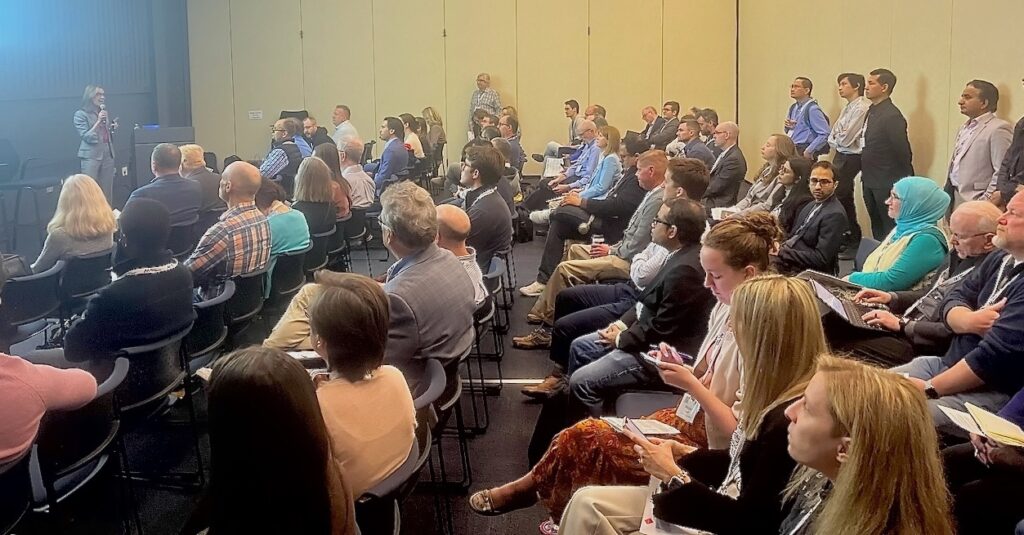

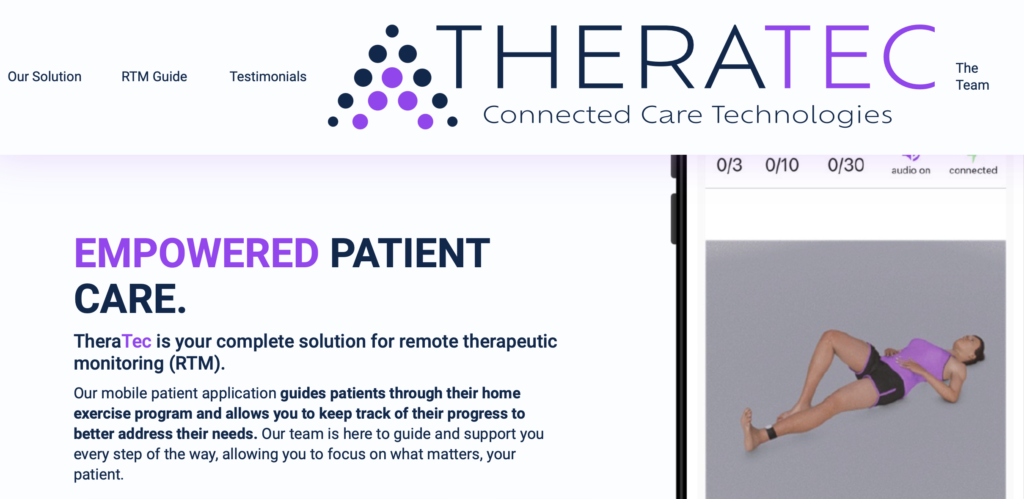

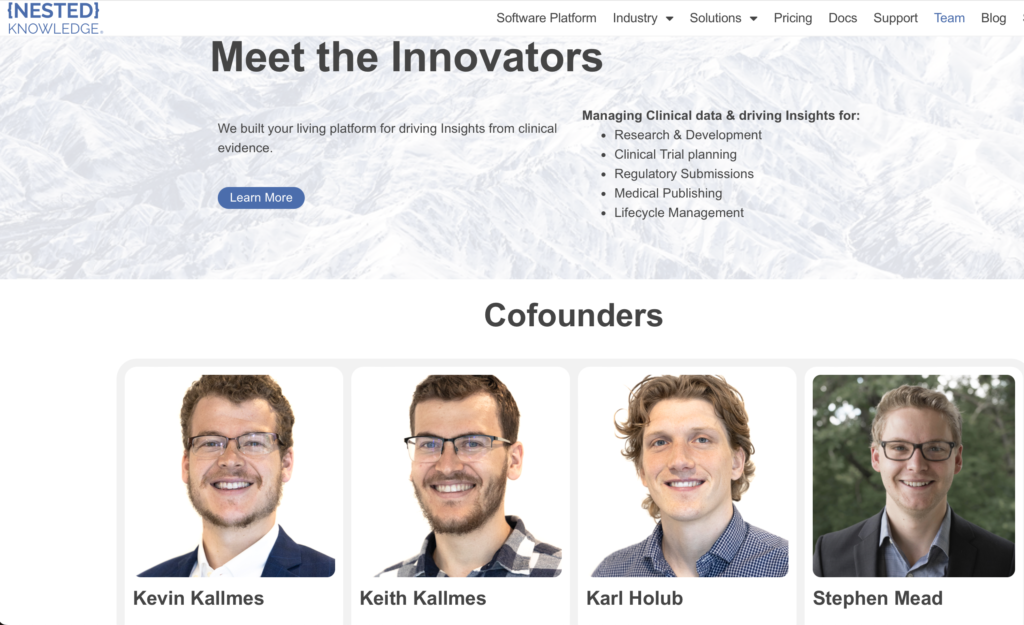
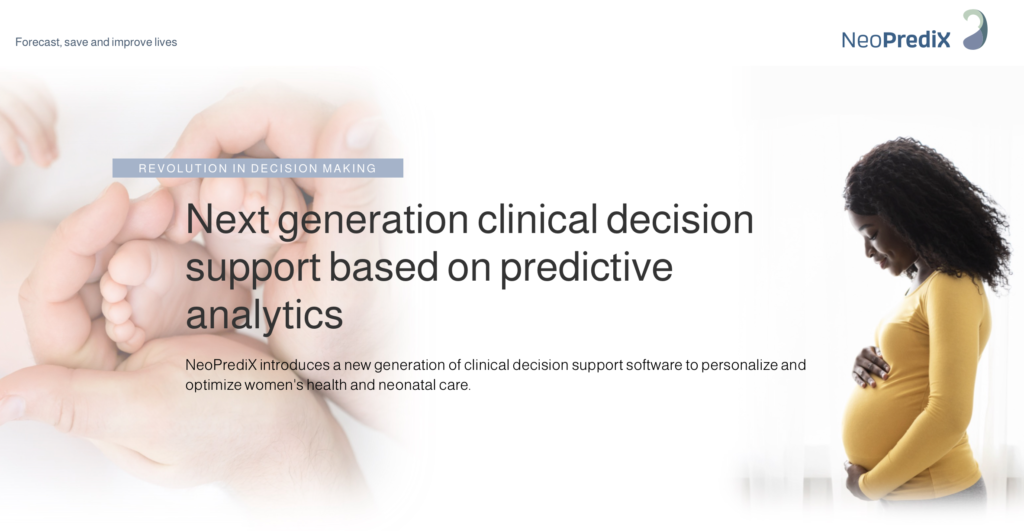
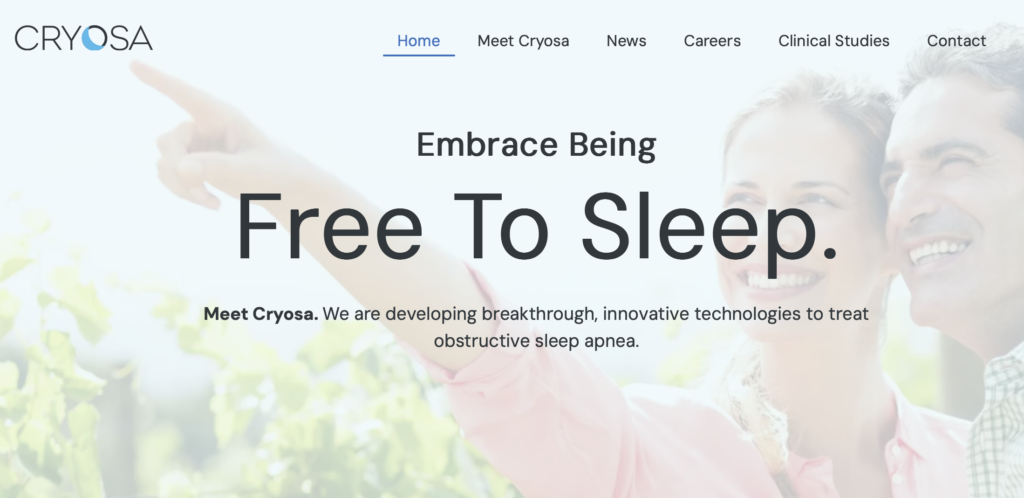
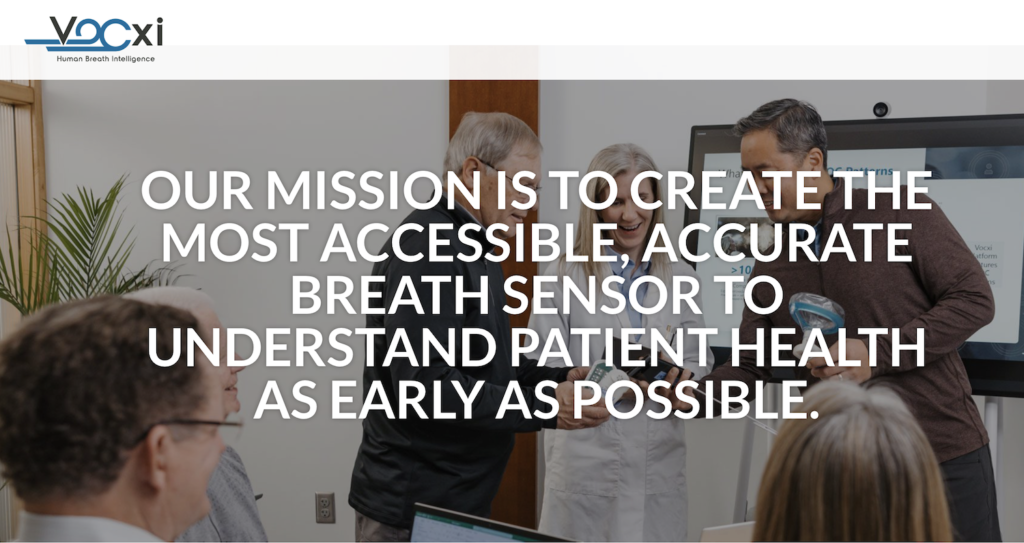
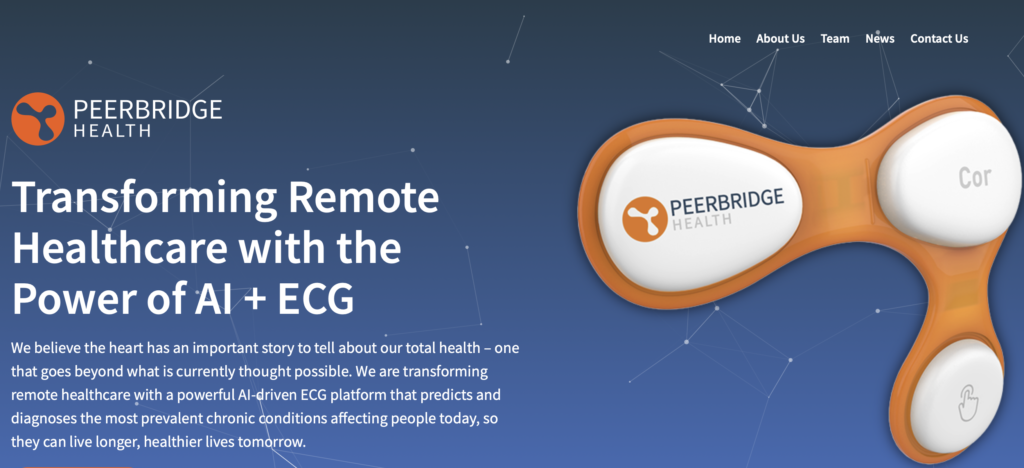

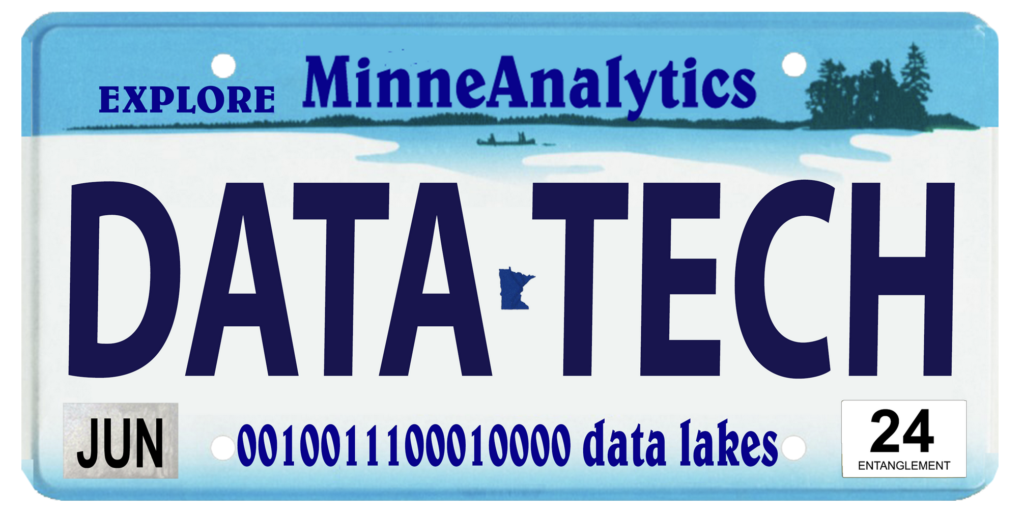



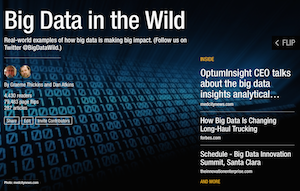
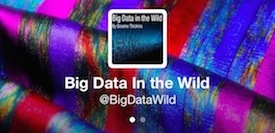

Recent Comments